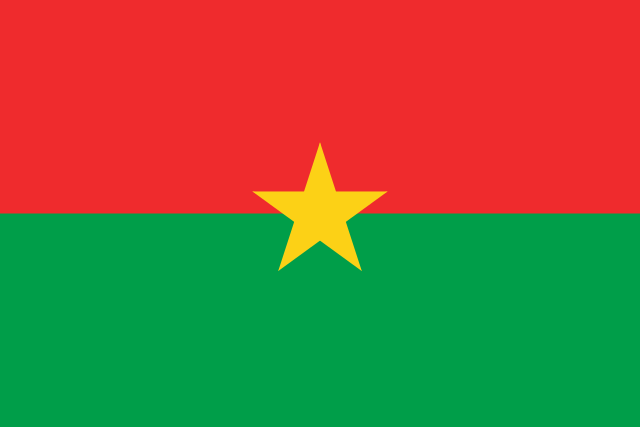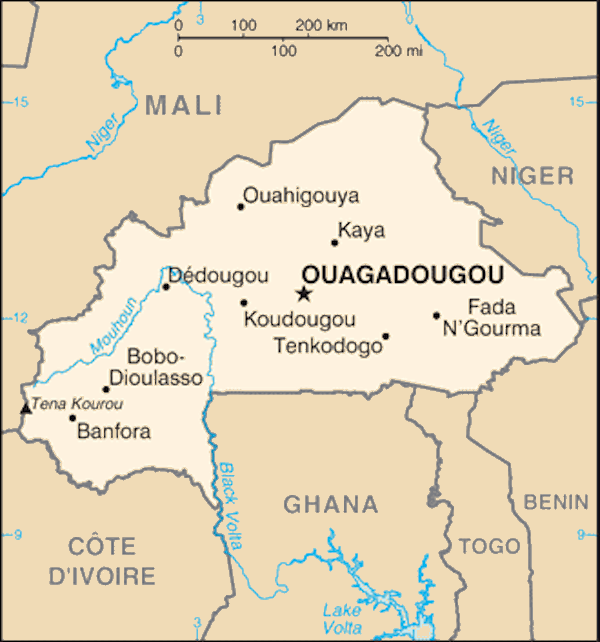A clever, low-cost, politically self-executing idea to promote rapid adoption of compulsory voting across the United States (if you think that’s a good idea, along the lines of jury duty), explained in The Atlantic by Nicholas Stephanopoulos of UChicago Law School:
To start, a blue city in a purple state — such as Miami, Florida; Columbus, Ohio; or Philadelphia, Pennsylvania — would have to adopt compulsory voting for its own elections. Its elections would also have to be held on the first Tuesday in November [in an even year], allowing voters to cast ballots in municipal, state, and federal elections at the same time.
[…]
At this point, redder jurisdictions would face enormous pressure to follow the blue city’s lead. Not doing so would award the Democrats an electoral bonanza: a surge in turnout in their urban stronghold unmatched by greater participation in suburbs and exurbs.
[…]
Importantly, it’s easier for a single city to adopt compulsory voting than for myriad suburbs and exurbs to follow suit. This collective action problem is why compulsory voting probably wouldn’t stay at the local level for long. Red states, in particular, would find it in their interest to impose statewide voting mandates.
I cut out some of the details or proposed scenarios in this excerpt, just to get the gist down, so I recommend you check out the full piece.
I also think any mandatory voting system should, however, only be implemented alongside a None-of-The-Above option on all ballots. That way people can either pay a small fine for not voting or they can vote against everyone running. Either action would still be a positive expression of democratic will: support for/indifference toward the status quo or unhappiness with all options presented.
I’m sure a lot of people will have objections (in both ideological camps) to increasing turnout dramatically, especially at the local level. But fundamentally, if you’re unwilling to campaign toward everyone in democratic elections, that’s your problem and you need to get over that or lose. If you’re afraid of voters, it’s either because you’re wrong or because your side hasn’t put in the work necessary to persuade them to agree with your view.
And if mandatory voting strengthens party machines at the expense of individual campaigns, maybe individuals will actually take the time to sway the party or get in line with an easy to understand political agenda. What might that mean? We’ll stop having thousands of candidate-driven campaigns where voters pick someone they like over someone who will fight for them and their issues in office. Instead there would be candidates aligned with each platform, so you would know for sure what you would be getting when you vote.
Australia has had enforced compulsory voting (i.e. vote or pay a fine) since 1924, and they haven’t collapsed. Instead, they had decade after decade of turnout greater than 90%. Our democracy is only limping along by comparison.










